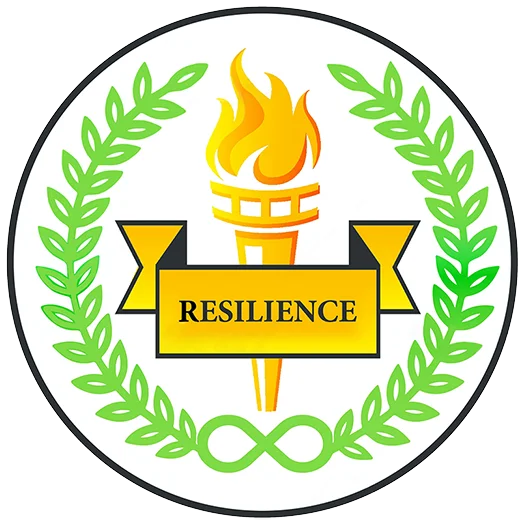Tips for Mental Resilience
At Resilience, Inc. we promote a Social Emotional Learning program for K-12 schools to teach mental and emotional resilience. As we pursue the challenge of improving an entire system, we hope to capitalize on the chance to make small improvements in the mental health of everyone we come into contact with along the way.
Please read this list with the thought of adopting just one habit to help improve your own mental and emotional resilience. It might take us years to deploy a SEL program to every school in the country, but if you adopt just one habit, we have made an immediate impact. Even if you are a seasoned professional, this list can help you.
Please share this page with at least one person, regardless of whether or not they need it.
Click here for Additional Resources for coping with stress from the CDC

1. Gratitude Journal
Write a list of things you are grateful for; write as many things as you can and review the list when times are tough.
2. Reach Out to Others
Staying connected with others is important to your well being. Try to spend as much time in person as you can. Otherwise it is very beneficial to remain connected through phone calls, video calls, emails, text messages and even writing letters.


3. Start with a Stop
For two minutes before getting out of bed in the morning, look forward: run through your day in your head without attaching judgement. Then identify something positive within your day or that you are looking forward to. Before going to sleep, stop and look back on your day and choose at least one event to feel grateful for.

4. Pick Up a New Habit
Crashing into a diet or a starting an intense workout can be difficult to maintain. This can lead to feelings of failure. To avoid this, select one small aspect of your life you want to tackle first. For example, instead of a goal of working out 7 days a week, choose 2 days a week to go to the gym and 2 days to go for a walk.

5. Take Time for Yourself
It can be difficult to find time to relax when your To-Do List is never-ending. Carving out even five to ten minutes each day to read or relax can greatly reduce stress. This will promote long term health.

